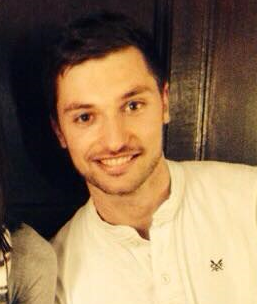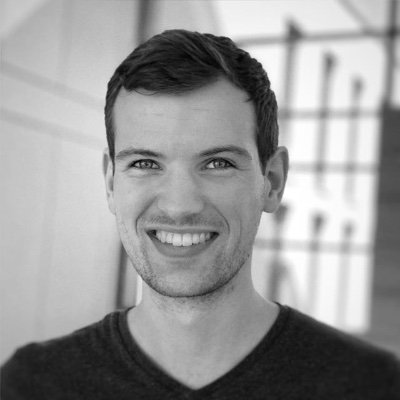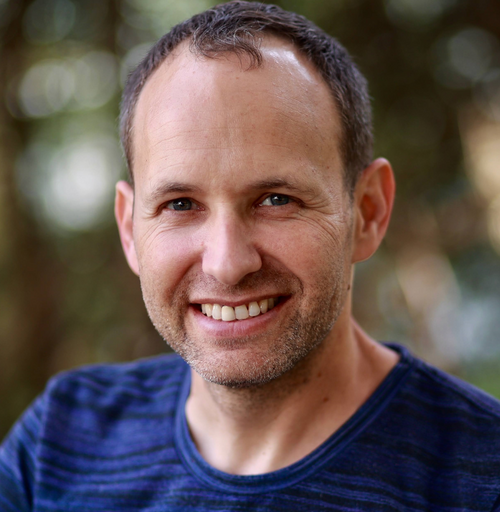Group members
Máté Lengyel
Máté Lengyel is Professor of Computational Neuroscience at the Department of Engineering, University of Cambridge. Previously, he studied biology for his MSc and neurobiology for his PhD at Eötvös University, Budapest, while working in the computational neuroscience lab of Péter Érdi. He was then a postdoc with Peter Dayan at the Gatsby Computational Neuroscience Unit, UCL, followed by a visiting research fellowship at the Collegium Budapest Institute for Advanced Study. He studies learning and memory from computational, algorithmic/representational and neurobiological viewpoints. He also maintains an active interest in the possible computational functions of neural oscillations, particularly those present in the hippocampus and neocortex.
Jake Stroud
I am a Sir Henry Wellcome Postdoctoral Fellow in computational neuroscience based at the University of Cambridge. I use computer modelling and mathematics to try and understand how the brain processes information and makes complex decisions. I did my PhD at the University of Oxford in computational neuroscience under the supervision of Tim Vogels, Mason Porter, and Guillaume Hennequin. For my PhD, I studied recurrent neuronal-network models of cortical motor circuits. Before my PhD, I worked as a research statistician at the UK Ministry of Defence. I have a BSc in mathematics from the University of East Anglia and an MSc in applied mathematics from Imperial College London.
Samuel Eckmann
Samuel is a Royal Society Newton International Fellow and joined the lab in 2022 as a postdoc. In his research, he tries to understand how neural circuits develop and operate. For this he uses theoretical and computational methods to build models of biological neural networks that contain excitatory and inhibitory neurons. He obtained a Ph.D. at the Max Planck Institute for Brain Research (MPIBR) and the Frankfurt Institute for Advanced Studies (FIAS), where he demonstrated how recurrent networks with rich computational functions can emerge from realistic plasticity mechanisms. Currently, he is working on extending these models to explain memory processing in the hippocampus and homeostatic adaptation in sensory circuits.
Uri Cohen
I am a Blavatnik Cambridge Postdoctoral Fellow at the Computational and Biological Learning Lab, and am interested in developing theories on the dynamics of learning and memory in the brain. Using advanced methods from statistical physics and computer science, I try to develop theoretical insight which would be used to analyse neural data and better understand the computations performed by specific regions of the brain. I obtained my PhD at the Hebrew University of Jerusalem, where I analysed neuronal responses to objects and measured the geometric properties important for linear object classification. Currently working on a theory for the stability of memories in auto-associative neural networks.
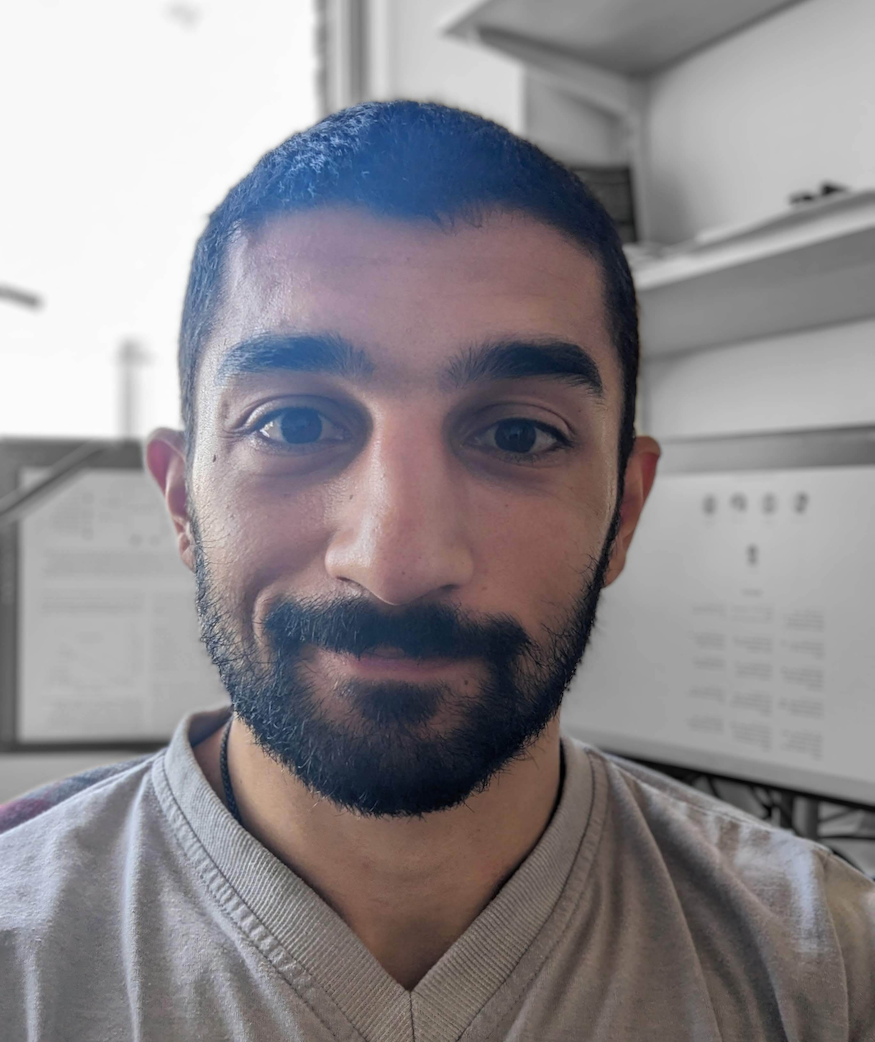
Theoklitos Amvrosiadis
Theo joined the lab as a postdoctoral researcher in 2022, funded by BBSRC in a collaborative project with Prof. Nathalie Rochefort at the University of Edinburgh. After earning a BSc in Pharmacy and a MSc in Neuroscience in Greece, he completed his doctoral studies at the Rochefort lab, using 2-photon calcium imaging and behavioural paradigms in mice to study the encoding of perceptual uncertainty in primary visual cortex. His current work focuses on integrating theoretical and modeling approaches to further elucidate these mechanisms.
Changmin Yu
Changmin is a postdoctoral researcher in Computational and Biological Lab, funded by Wellcome Trust. He did his PhD in computational neuroscience and machine learning at UCL, under the supervision of Neil Burgess and Maneesh Sahani. During his PhD, Changmin worked on a variety of projects, including normative modelling of entorhinal grid cells under the context of planning and generalisation, unsupervised neural data analysis with structured deep generative models, and several projects in reinforcement learning. His current research focuses on normative modelling of hippocampal neurons with probabilistic inference under the spatial context, for explaining properties such as remapping, phase precession, and uncertainty representation.
David Liu
David is a PhD student with Máté Lengyel in the Computational and Biological Learning group at the University of Cambridge, developing and applying state-of-the-art methods for neural data analysis with a focus on studying neural variability. He has also worked at Meta Reality Labs CTRL as a research scientist intern, building and researching EMG neuromotor interfaces. Before this, he completed the Natural Sciences Tripos specializing in computational and theoretical physics, with his thesis on synchronization in simplified models of cilia supervised by Pietro Cicuta. His main interests lie in neuroscience, machine learning, and their intersection. In particular, he is excited about understanding and decoding big neural data, as well as potential computational functions in discrete spiking activity that go beyond analog neural firing rates. He also retains an active interest in physics, in particular in its interfaces with biology and machine learning. In addition, he has a keen interest in cell biology, with strong exposure to the subject prior to focussing on physics.
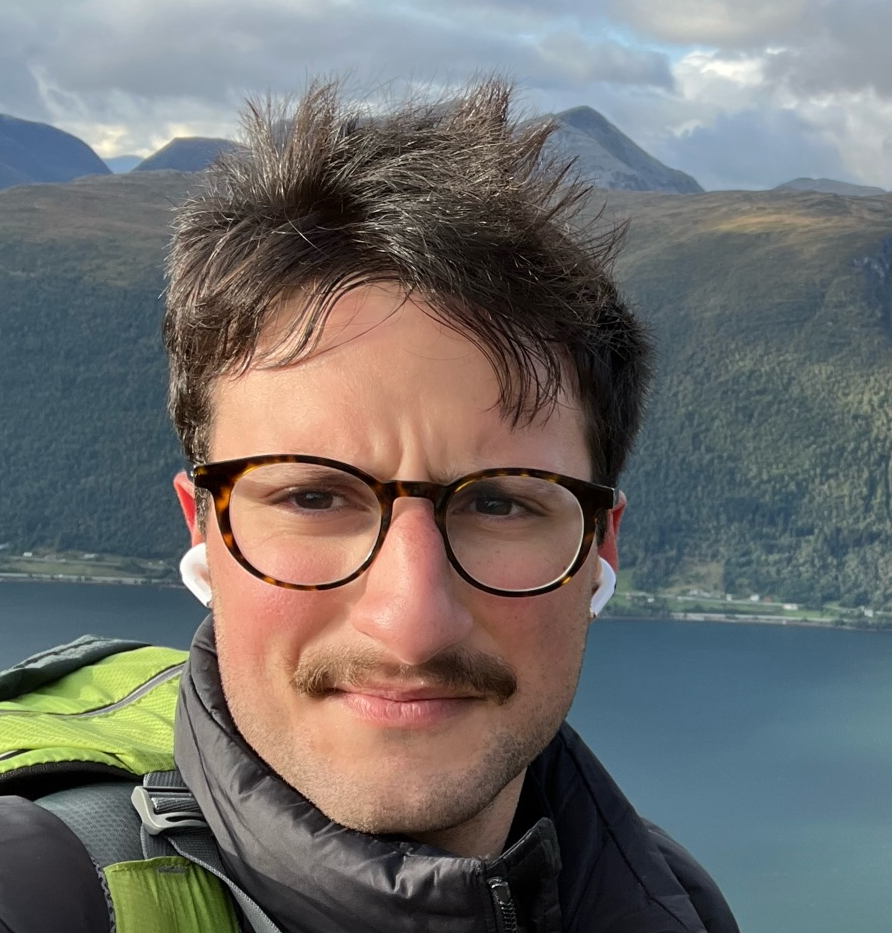
Puria Radmard
Puria joined the group as a PhD student in January 2023, after graduating from Information Engineering at Cambridge in 2022 and a quick stint in industry. In his first year, he worked on a collaborative project with Paul Bays, modelling biases in human visual working memory. He aims to incorporate RNN methods into this task. Before beginning his PhD, he worked on active learning methods for speech and natural language processing.

